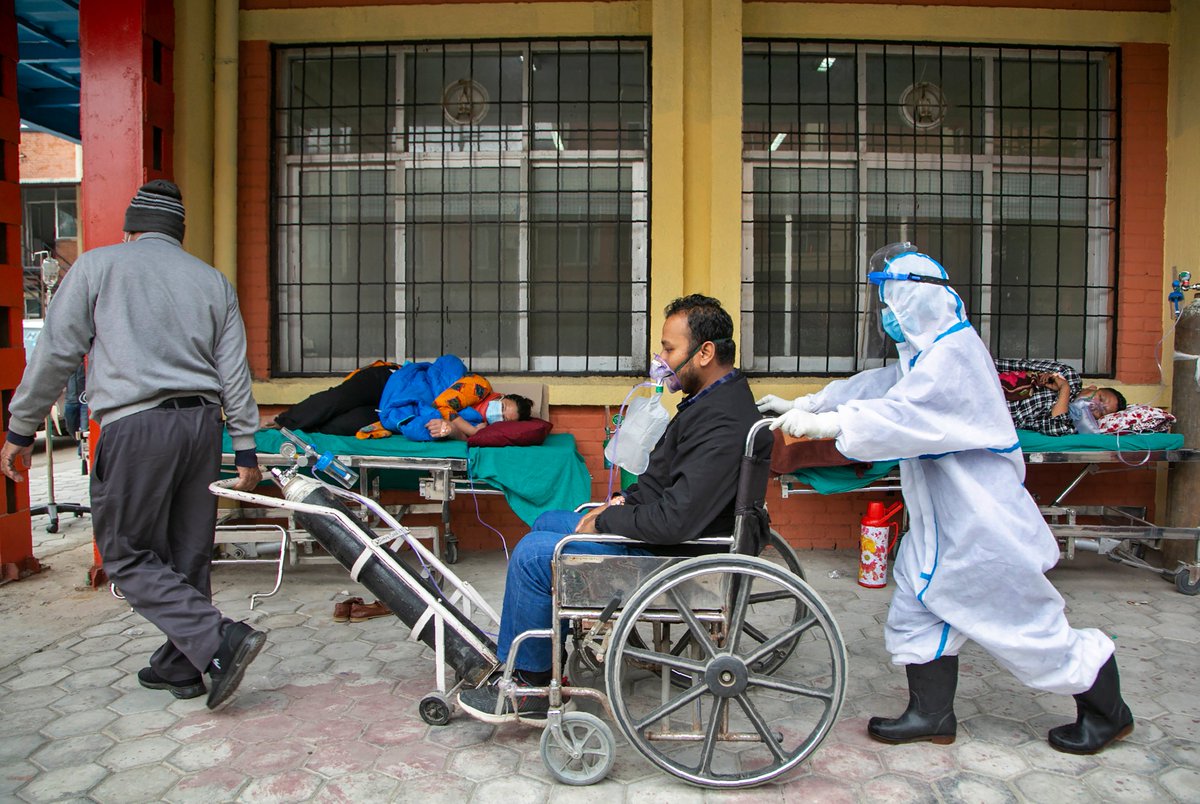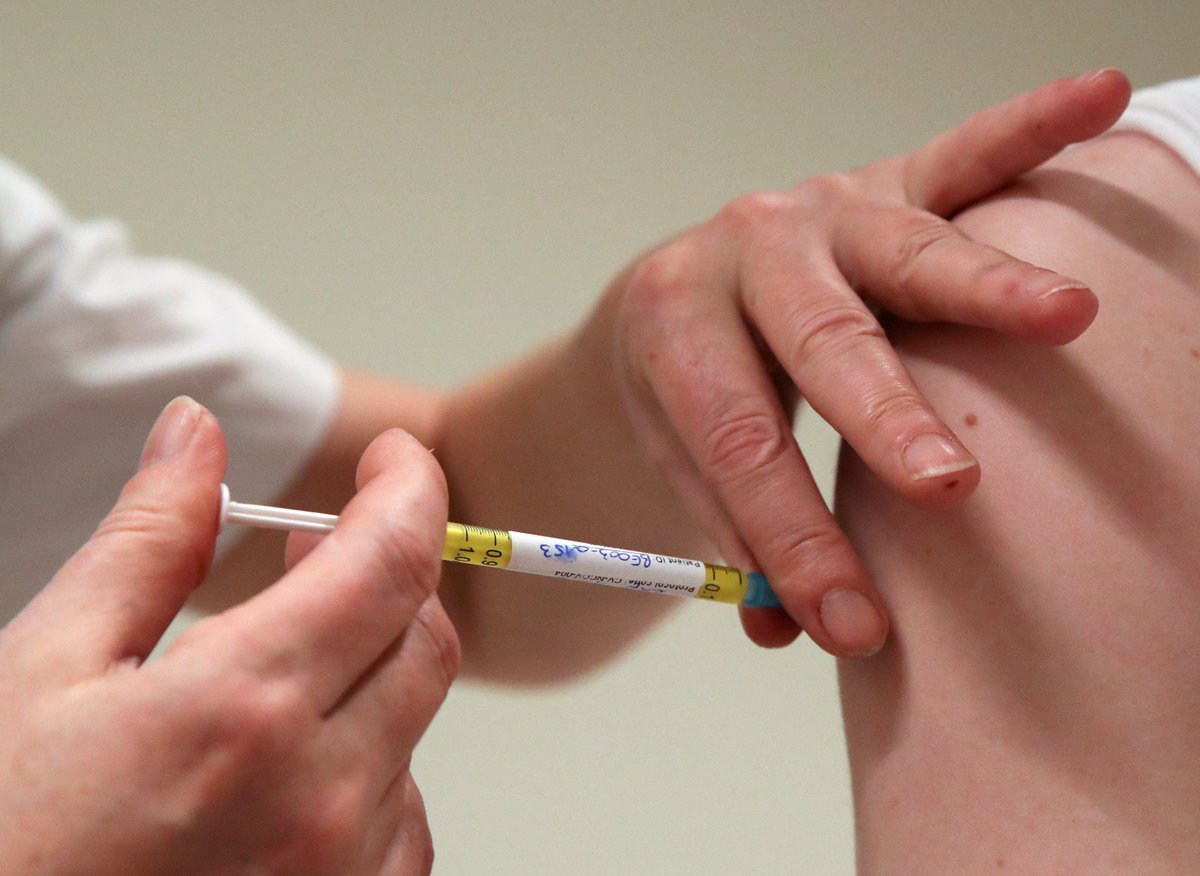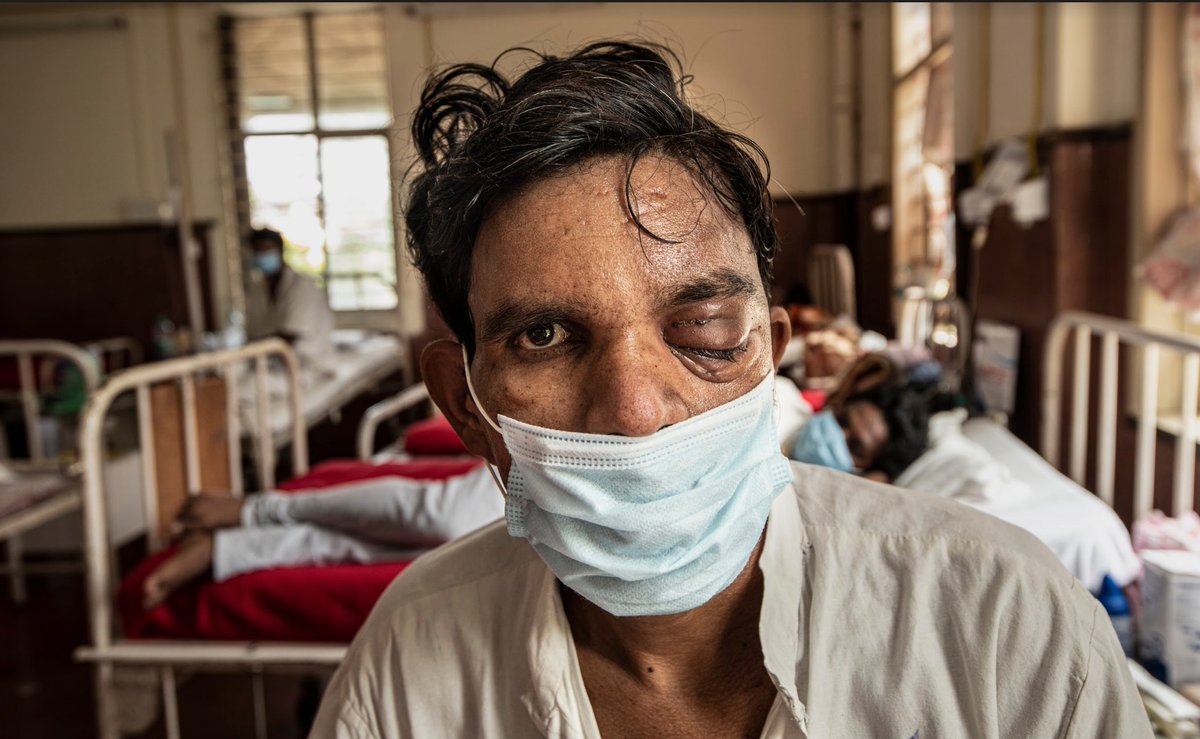
Nearly 40 cases of the 'delta plus' variant have been detected in the UK. But is this newly identified strain more dangerous?
@joerwallen asked the experts ~ 🧵
telegraph.co.uk/news/2021/06/2…
@joerwallen asked the experts ~ 🧵
telegraph.co.uk/news/2021/06/2…
The variant - a strain of the original delta variant that led to India's devastating second wave - contains a mutation that was also present in the South African or beta variant.
This mutation - K417N - was also present in beta, against which some vaccines were less effective
This mutation - K417N - was also present in beta, against which some vaccines were less effective

So far more than 40 cases of the 'delta plus' variant have been found across seven Indian states.
While this strain was classified as a variant of concern on Tuesday by India’s state-run genome sequencing consortium, INSACOG, scientists there said the move was precautionary
While this strain was classified as a variant of concern on Tuesday by India’s state-run genome sequencing consortium, INSACOG, scientists there said the move was precautionary

"We don’t see any differences in transmission between this and the delta variant. But, since all delta lineages are variants of concern, we have also labelled this one as a variant of concern," said Dr Anurag Agrawal, director of the Institute of Genomics and Integrative Biology 

The new 'delta plus' variant has been identified in nine other countries, including the UK, where the first case was detected in April.
According to Public Health England 38 cases have been identified here as of June 16
According to Public Health England 38 cases have been identified here as of June 16

.@BallouxFrancois said that given the low number of cases reported, it was impossible to say whether it was more transmissible, more lethal or if it is likely to evade vaccines 

Indian also doctors told @Telegraph that they are yet to see a sudden resurgence in infections that would indicate the spread of a new, more transmissible variant 

"Cases have been declining and we haven’t seen a recent spike in admissions. But, we have to be vigilant, as we don’t know enough about this new variant yet," said Dr Rommel Tickoo, associate director at Max Healthcare, one of India’s leading private hospital chains 

The Indian Government received heavy criticism for not reacting fast enough to warnings about the emergence of the delta variant in the spring, and it is understood the authorities will take an overly cautious approach in the future 

The Indian Ministry of Health has said the new delta plus is a variant of concern because it was more transmissible and binds to a receptor on the lung, but with only 40 samples sequenced in India so far, a lot more research is needed 

Scientists say that as new daily infections continue to drop there is no indication of a third wave happening yet.
In the meantime, Indians are being urged to adhere to Covid-19 precautions
@joerwallen reports
telegraph.co.uk/news/2021/06/2…
In the meantime, Indians are being urged to adhere to Covid-19 precautions
@joerwallen reports
telegraph.co.uk/news/2021/06/2…
• • •
Missing some Tweet in this thread? You can try to
force a refresh












